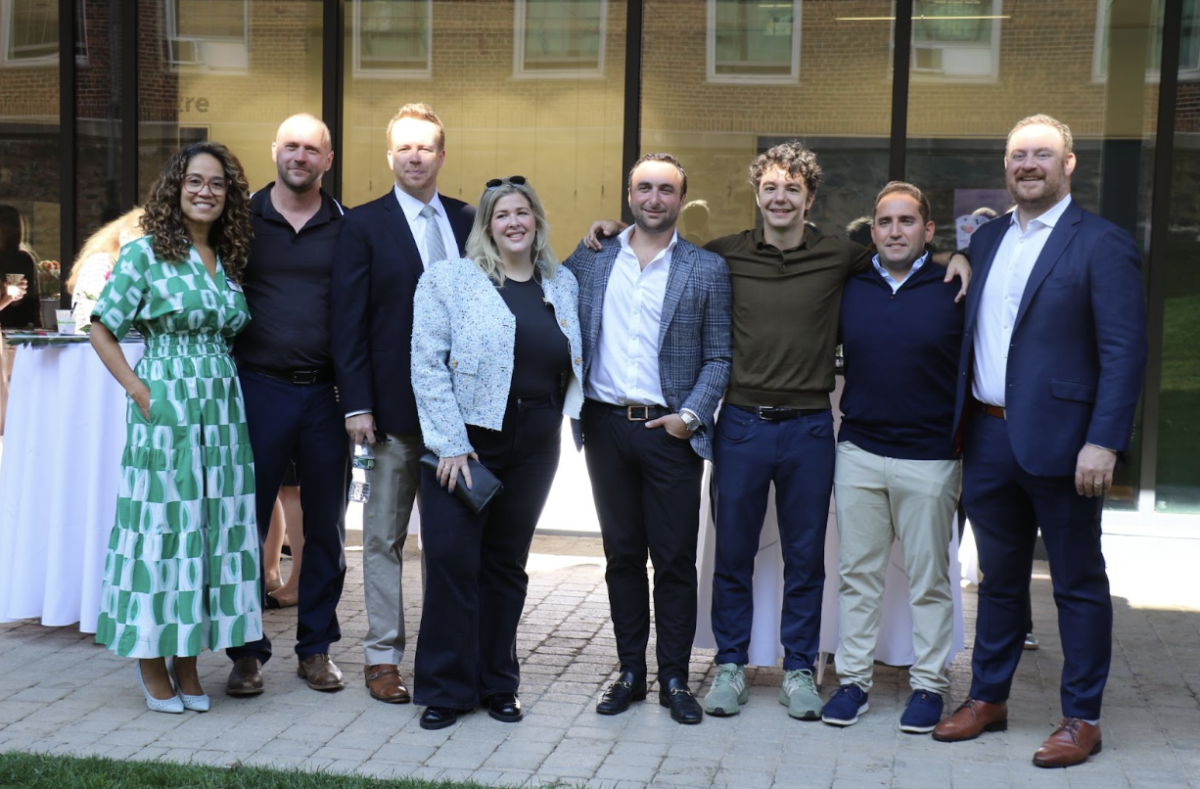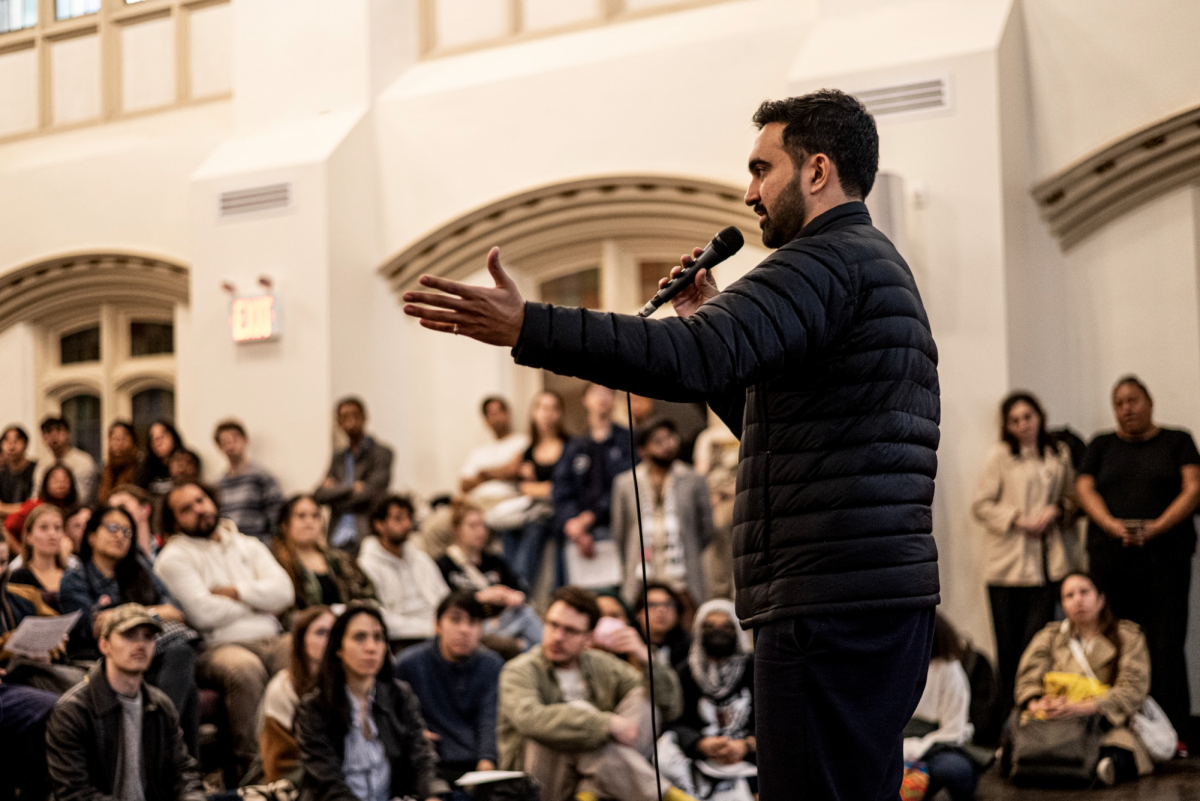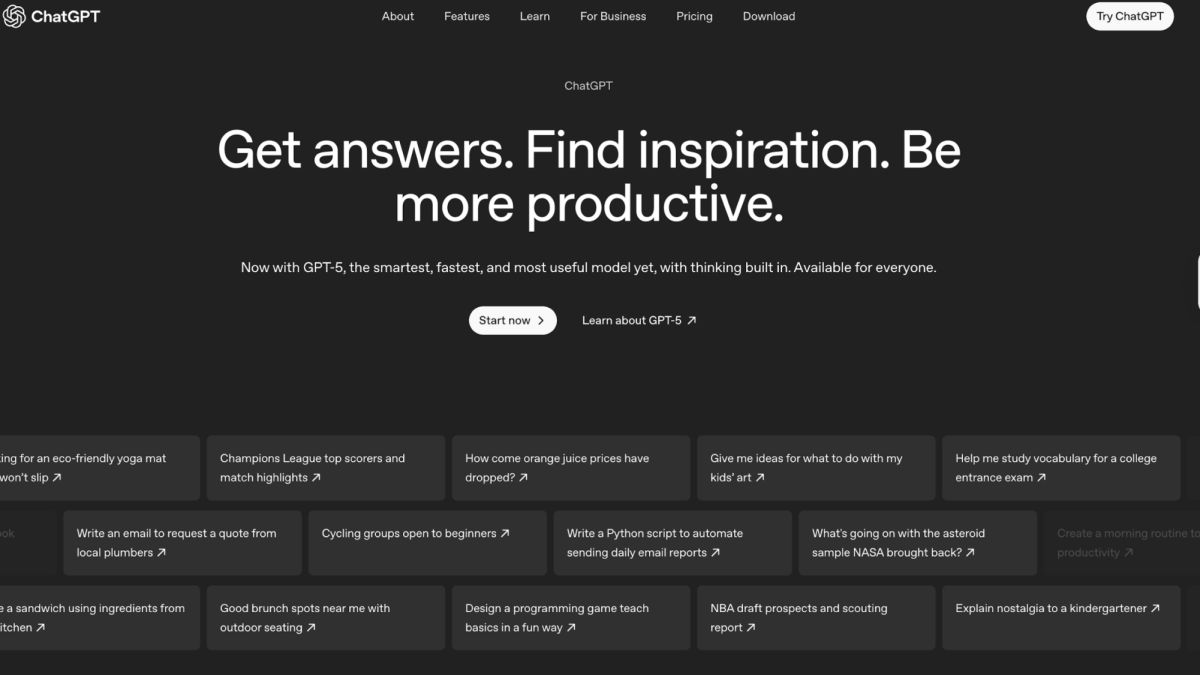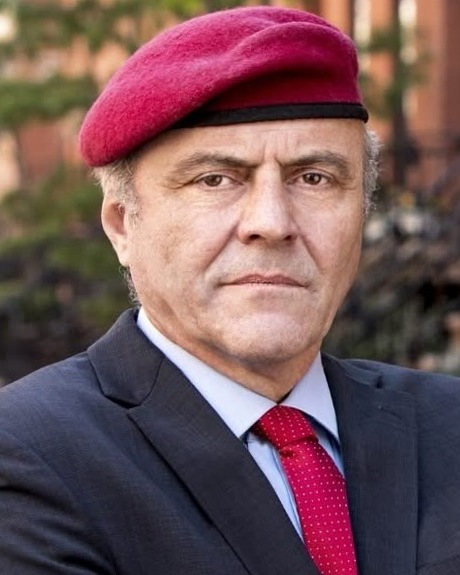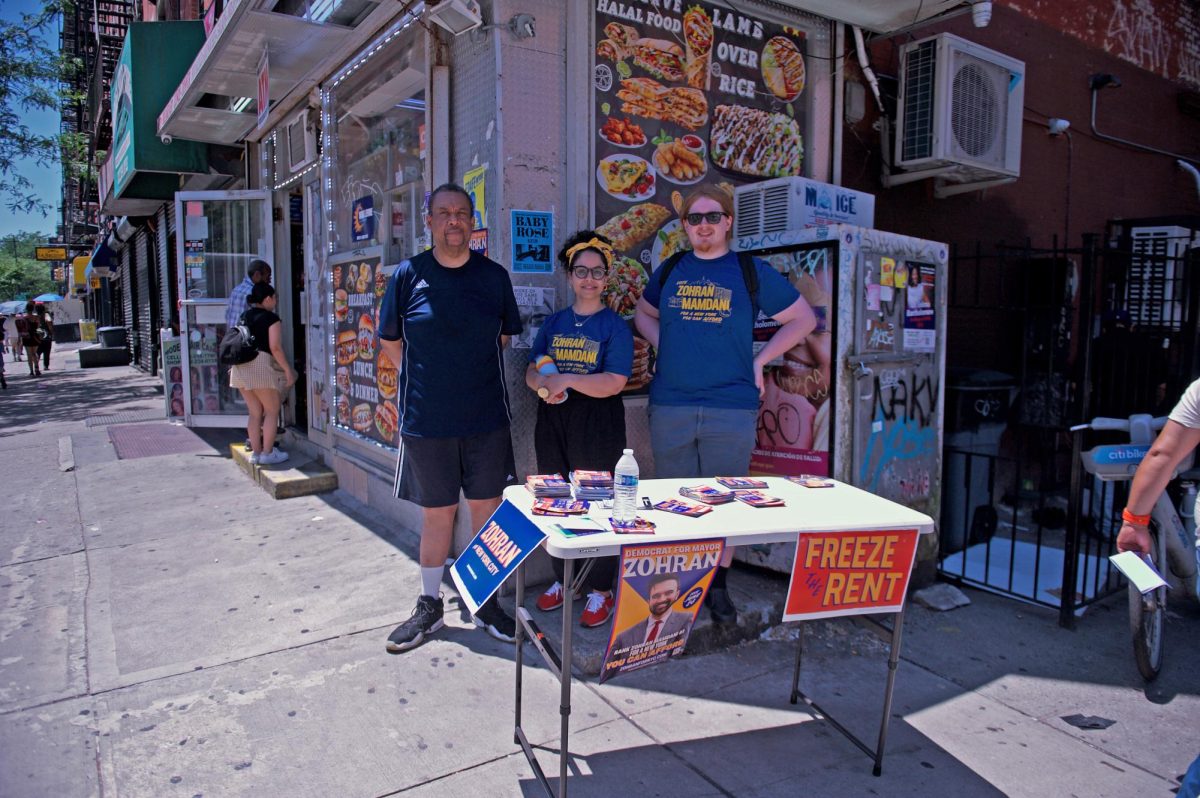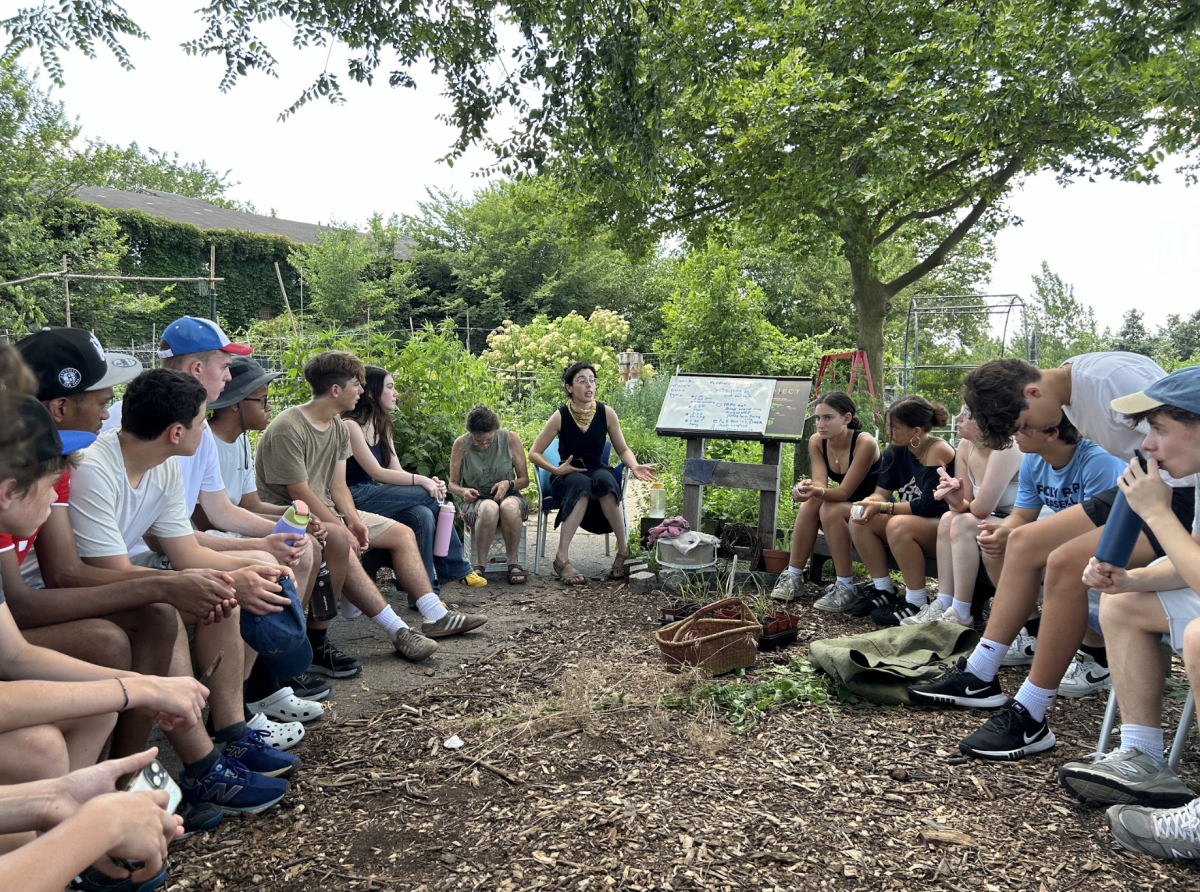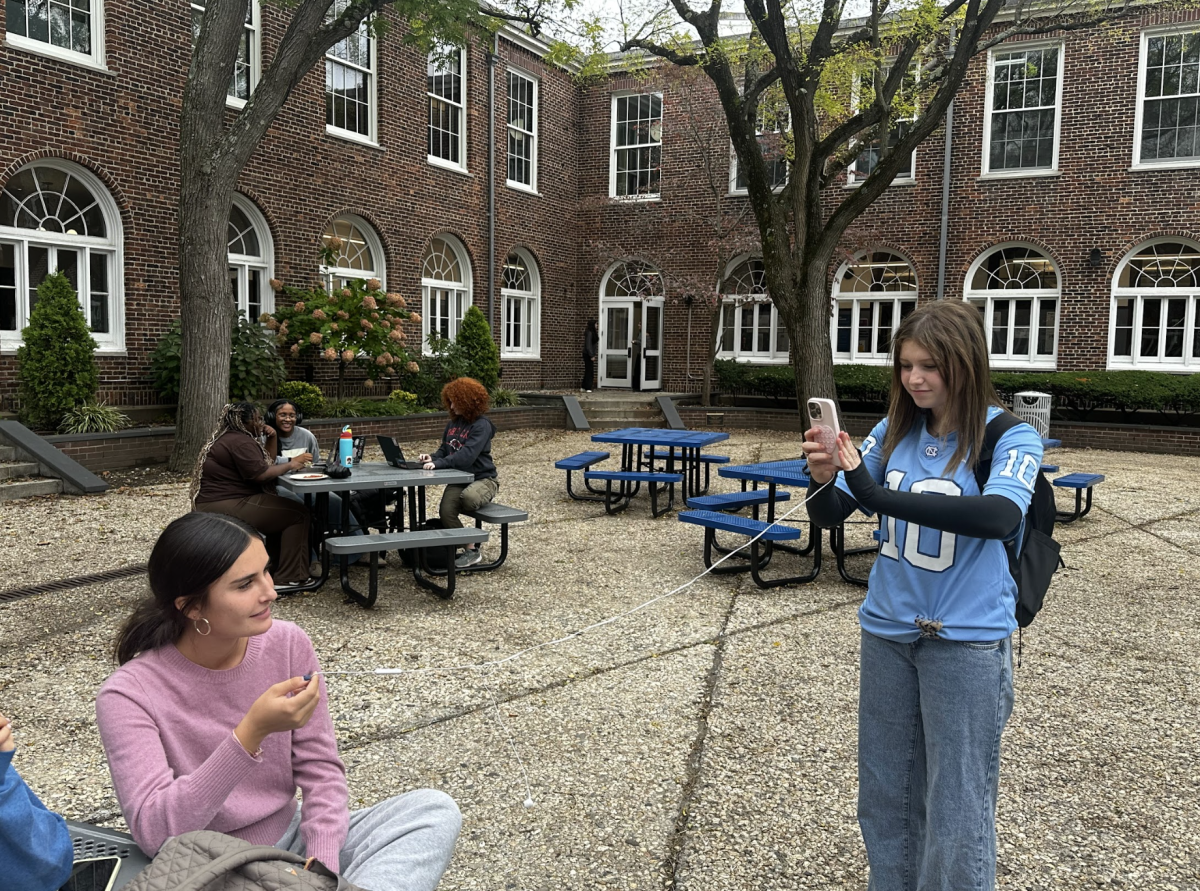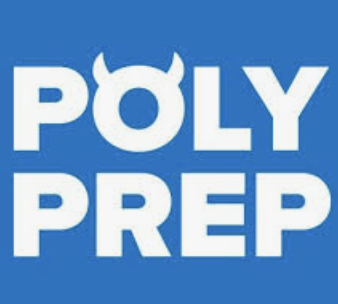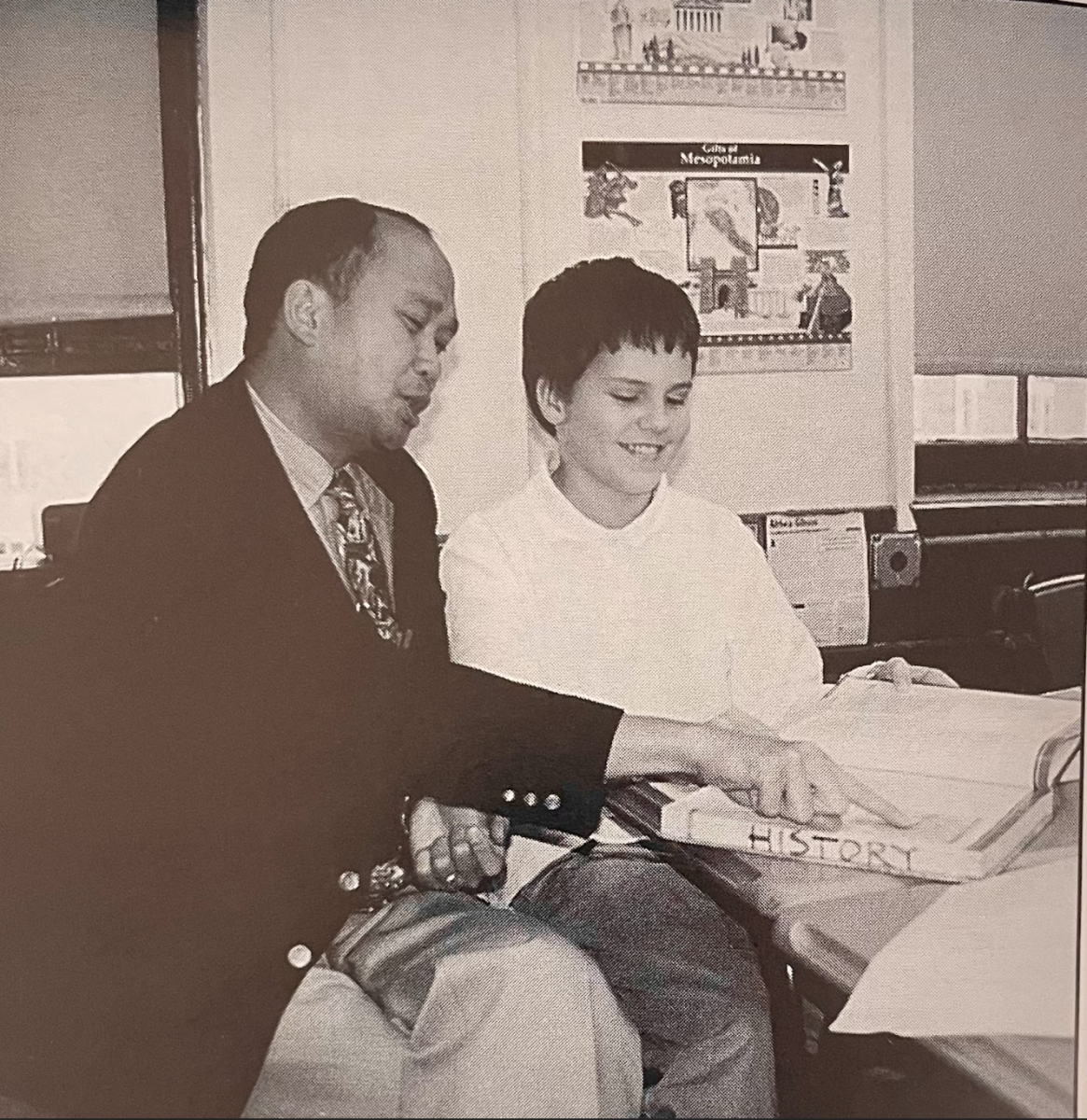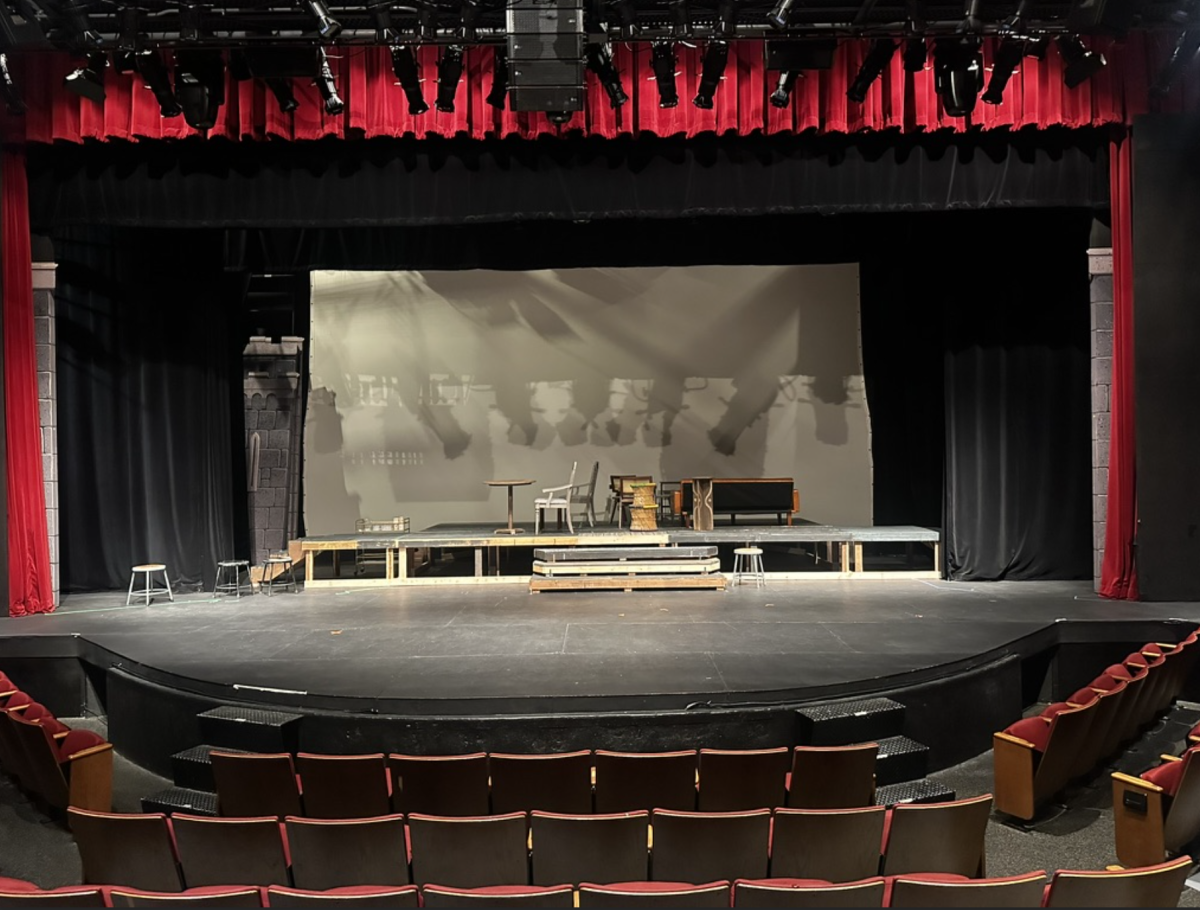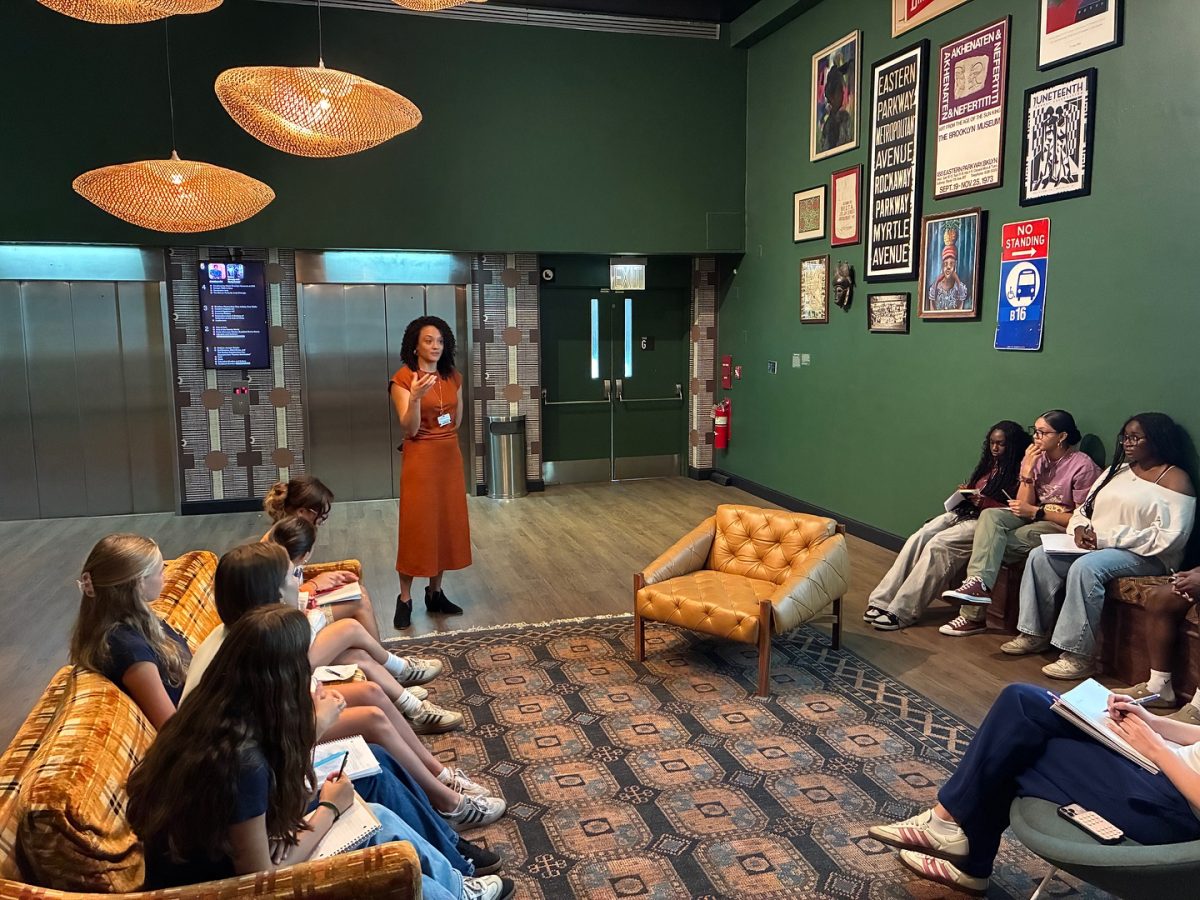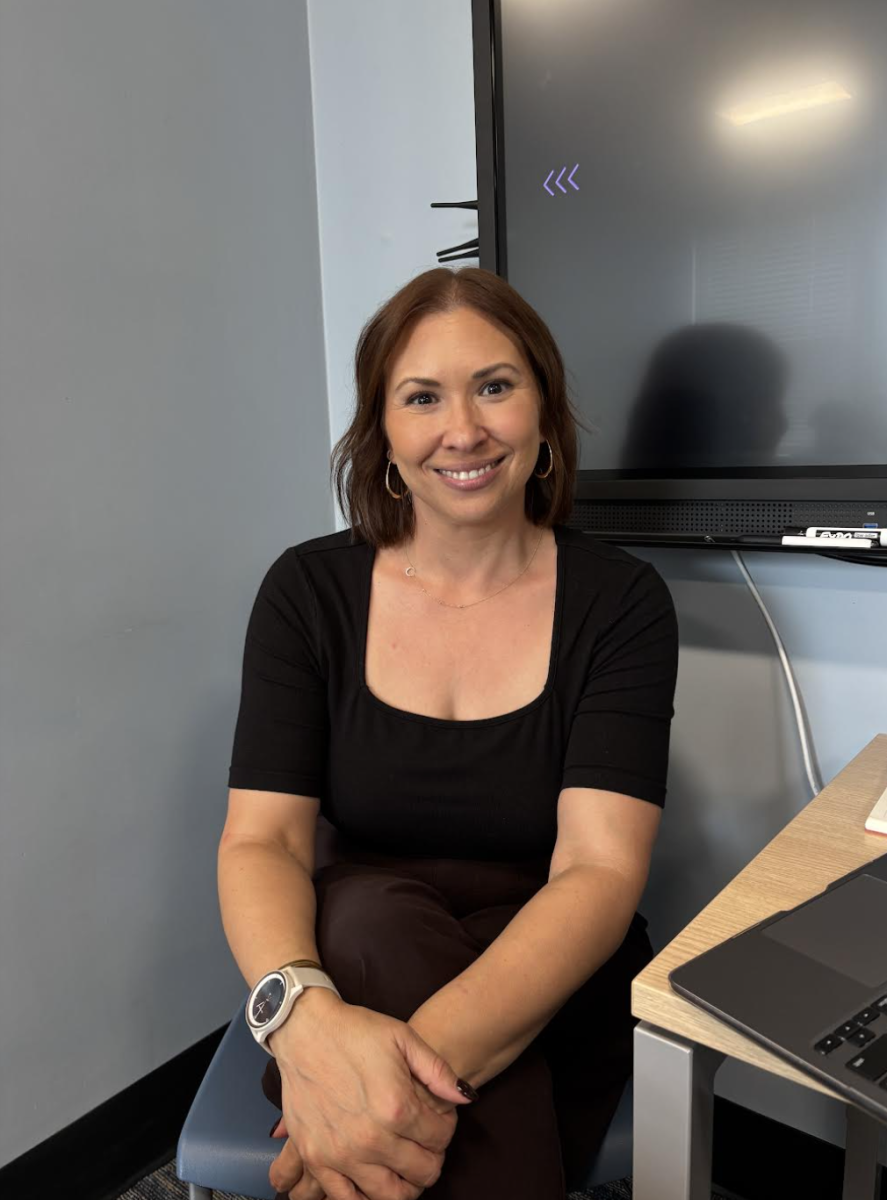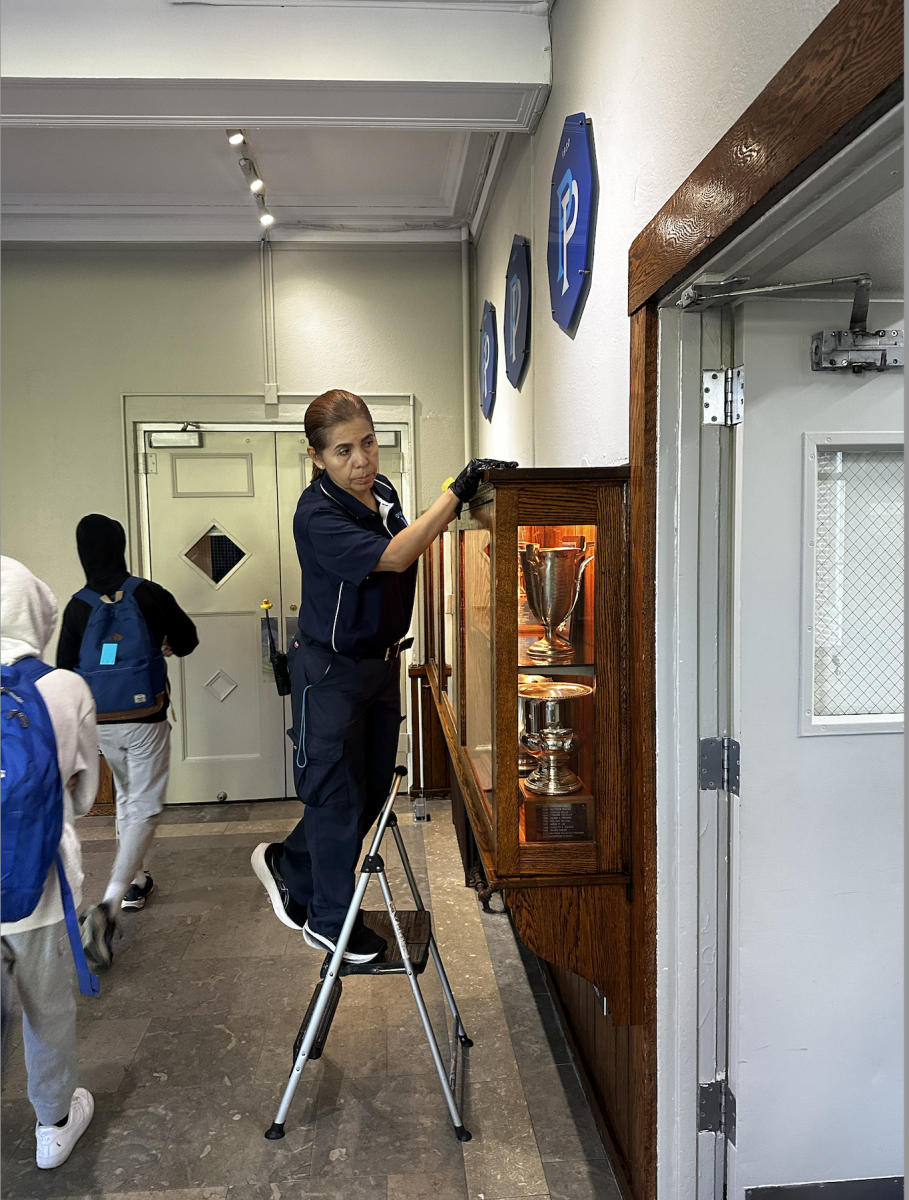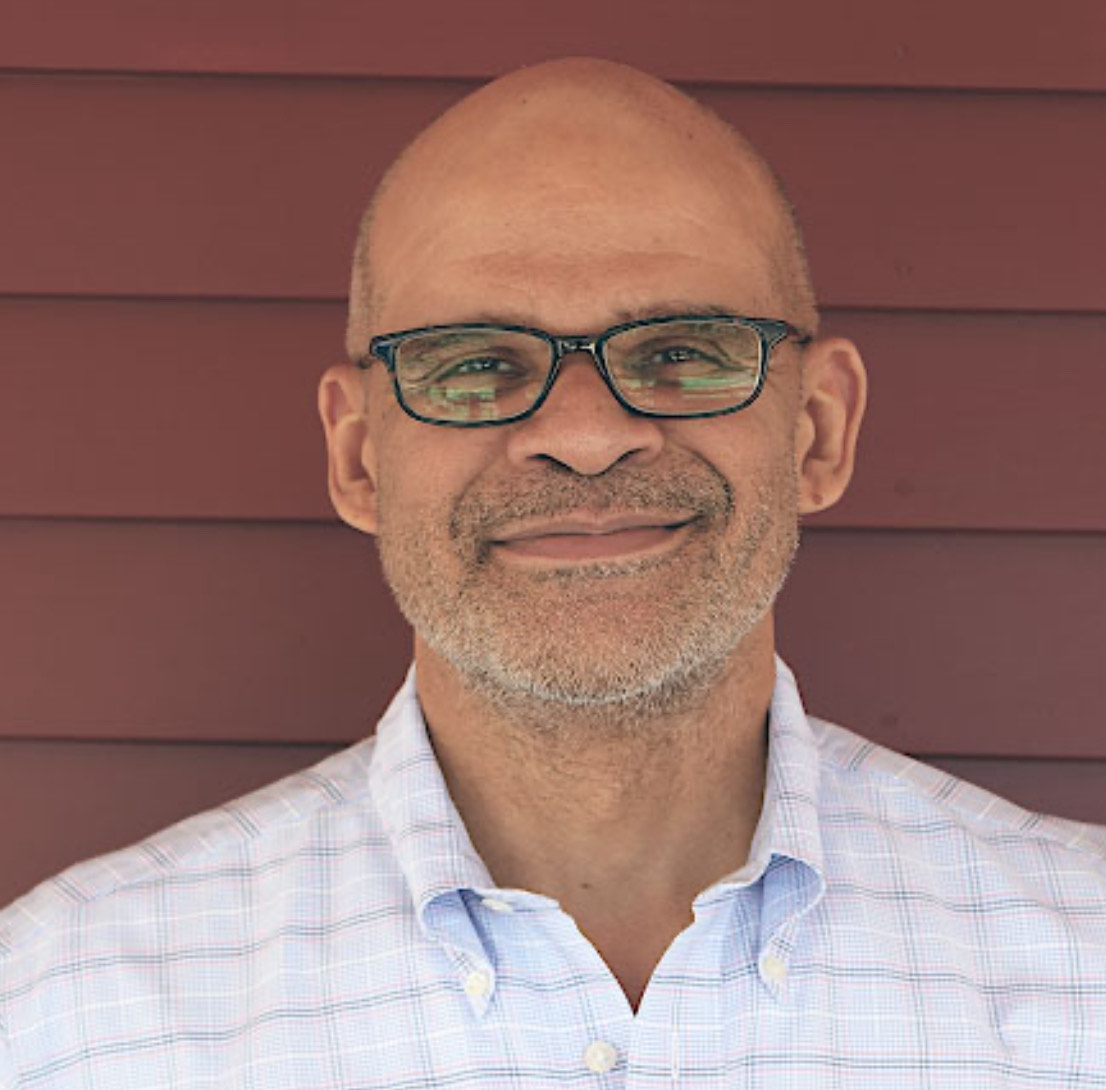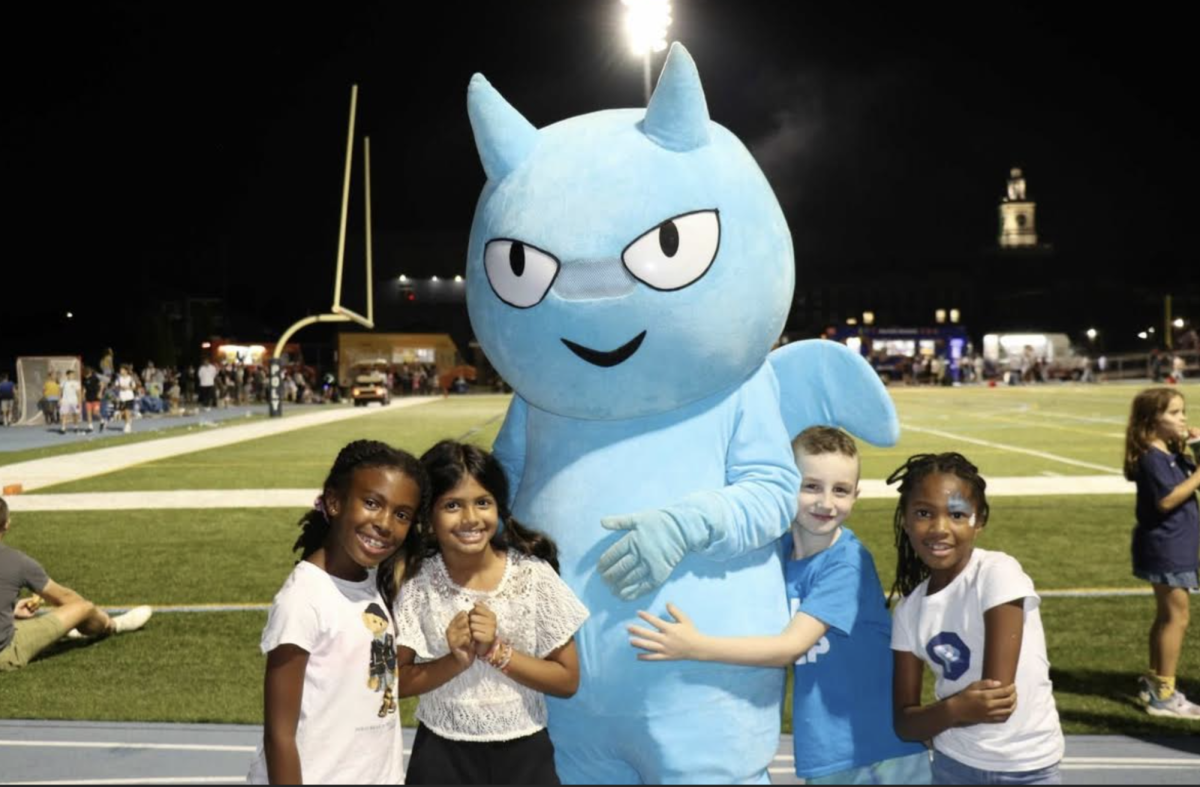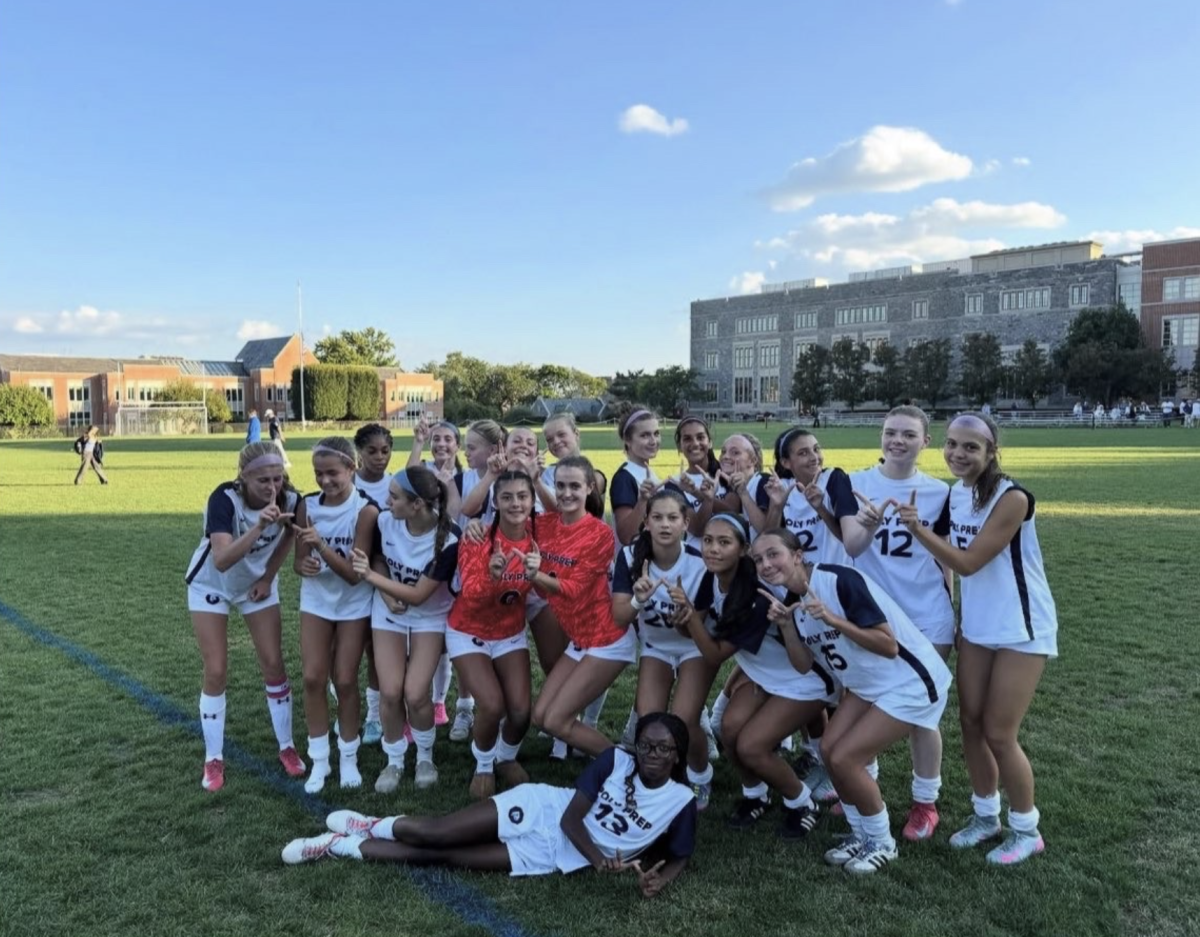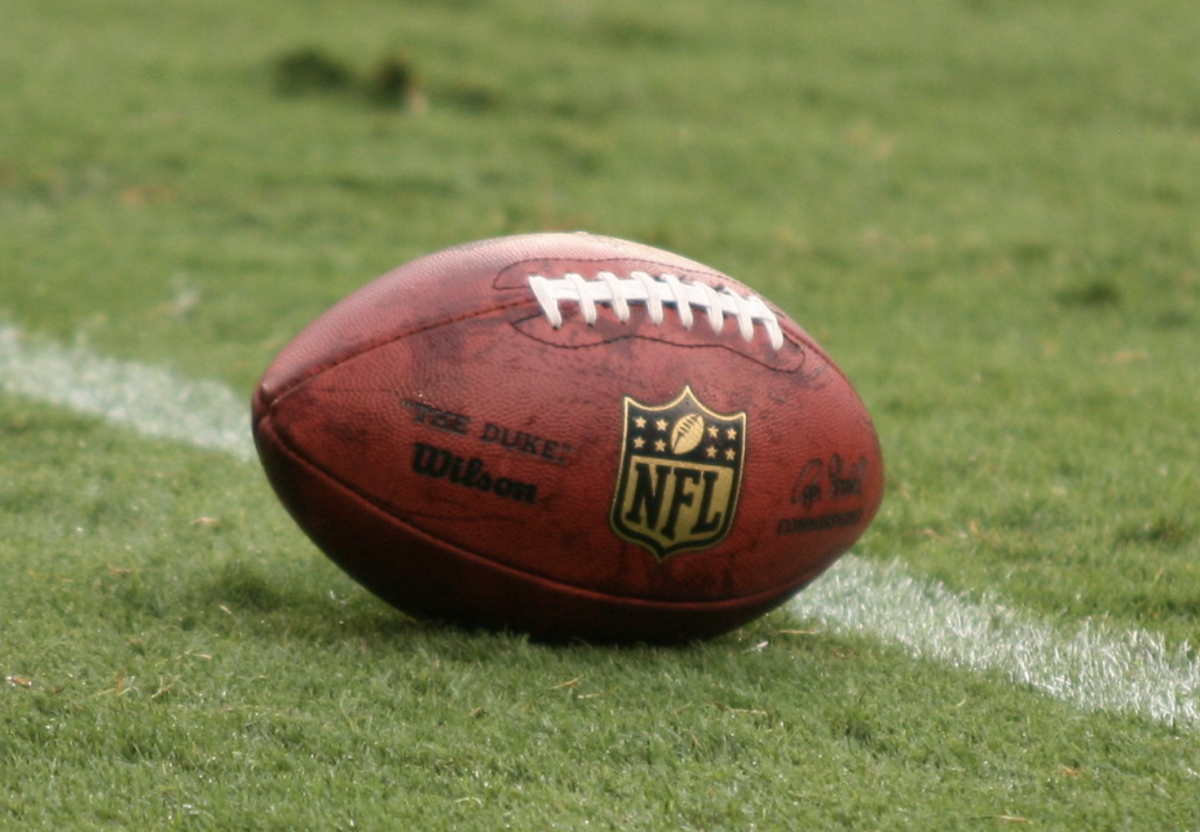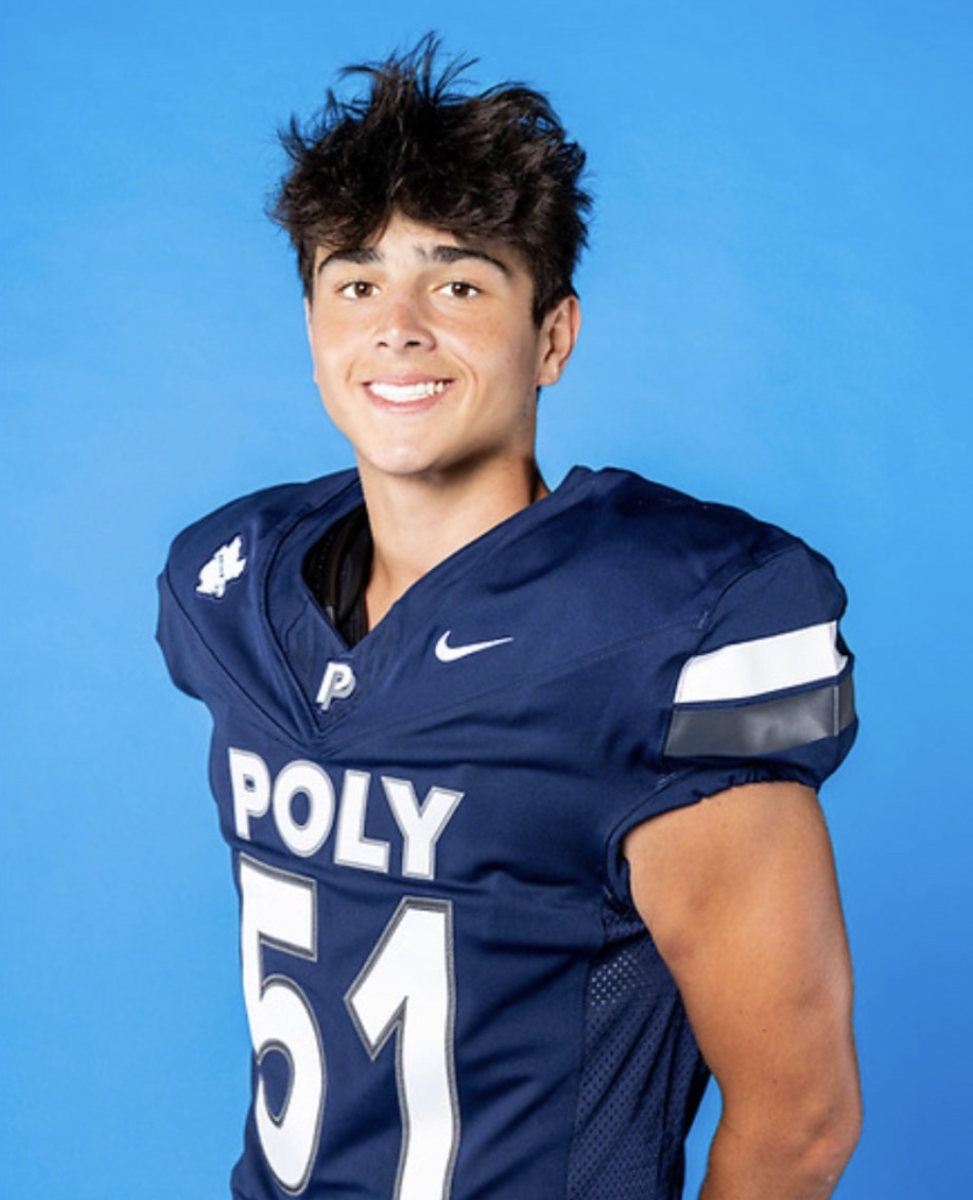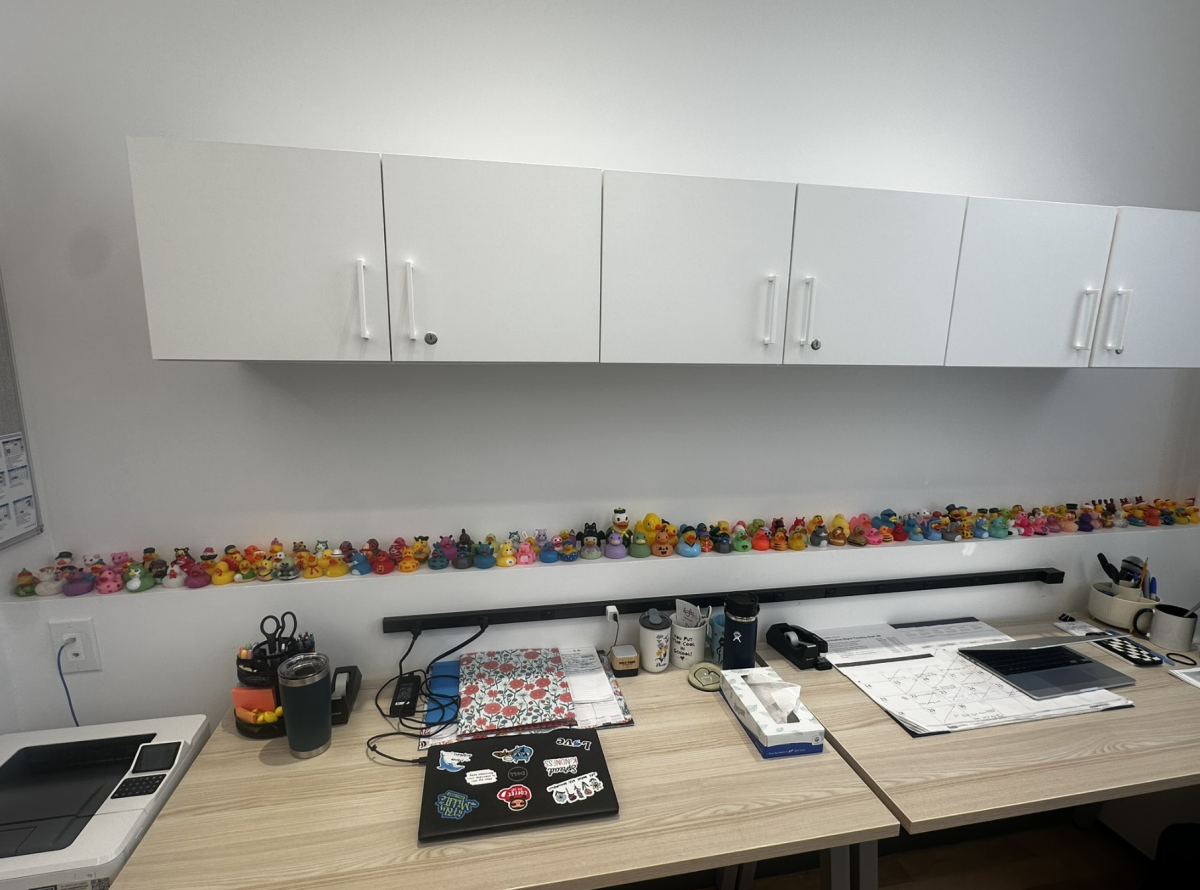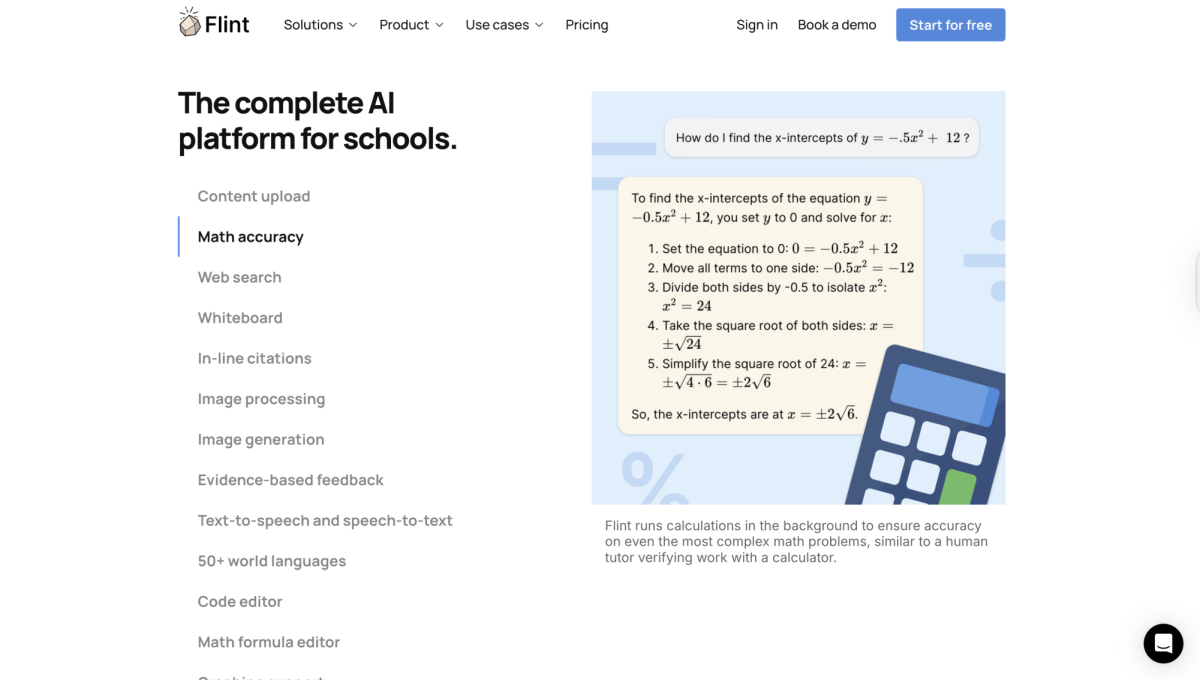After a ban in 2018, Poly Prep Upper School students are now permitted to fundraise for an organization of their choice with new guidelines in place. Last year, seniors Sylvie Dorsch, Kaya Freeman and Director of Service Learning and History Faculty Member Elijah Sivin negotiated with Poly’s advancement team on how to best reinstate student fundraising. As of May 2025, students can fundraise for a nonprofit of their choice at Homecoming or Oasis Night.
After being involved in Poly’s Student Service Board club, Freeman and Dorsch thought about how they wanted to make an impact through fundraising. “Student Service Board [tries] to promote opportunities for kids to take on leadership within this whole process of trying to make the community better, both here at school and beyond,” Sivin said.
Student fundraising was initially prohibited due to“an overabundance of fundraising activity. I think it came from a good place, but it was at the point where it was not very educational,” said Sivin in an interview with The Polygon in 2023. Sivin believed fundraising wasn’t well-handled because the excessive number of fundraising opportunities made students unable to remember each distinct event or cause. Dorsch added that, “[t]here were a lot of complaints where students felt overwhelmed by the amount of fundraisers because there were no guidelines at all.” “We had fundraisers all the time, and people on scholarship [and] a lot of kids in general, felt like they couldn’t give as much money as others, and it just wasn’t the best situation.”
Dorsch remained interested in fundraising after the ban, but wasn’t sure if she could handle the responsibility of bringing it back alone. “Sivin brought up the idea first and I was interested,” she shared.
Early on, Dorsch realized there would be more restrictions than they wanted, which made her question whether she wanted to continue pushing for this change. “Sylvie started meeting with advancement, a facet of administration at Poly, on her own, and wasn’t really getting anywhere. When I saw her struggles, simply as her friend, I told her, ‘I want to help you with this, because I think what you’re doing is important,’” said Freeman. Sivin also recognized her efforts and along with Freeman, encouraged her to try again, knowing it would be important for the Poly community.
“It really was their idea and their writing, I’m just a facilitator,” commented Sivin. “They were supporting something that seemed crazy to me, but this has been nice, because I’m able to direct them a little bit. [I’m] more like a coach.”
Dorsch added that, “we made a first draft of a proposal with all the reasons we wanted fundraising and all the guidelines we thought should be in place. We met with advancement about that a couple of times and started putting things together. It was a lot of going back and forth with new drafts.” Finally, in May 2025, Freeman shared that the program was approved with new guidelines in place.
According to an email from Sivin in late September, all fundraising organizations must be non-religious, non-political, non-profit and outside of Poly. The student must have a confirmed contact with someone at the organization to get a completed W-9 form (needed for a taxpayer identification number) from the organization and Poly’s business office must approve the organization. All organizations must be based in the U.S.
Additionally, if students are selling items, the item has to be related to the cause, except for bake sales. There will be a maximum of two fundraisers for both Oasis Night and Homecoming. Students must give a two to three minute presentation to the Student Service Board fundraising committee on their organization’s importance and why it should receive fundraising support at Poly. Students can collect monetary donations, sell items, or use flyers.
There are also restrictions on the amount of money that individuals can give to each organization. Students can donate no more than $5, and adults no more than $30. In total, student fundraisers per stand can only raise around $500. Students will send the money to Poly’s business office, which will then send it to the correct organization.
After having complex conversations and working through compromises, Dorsch and Freeman reflected on their experience. “I think I’ve learned a lot about how to communicate and have conversations with people I haven’t before. Also getting used to being in a room with adults and having productive conversations where I’m sharing my concerns and they’re sharing theirs, working together to bring something back,” Freeman said.
Despite the challenges, Dorsch does not regret advocating for fundraising. “Push for a change. It’s going to take a lot of time and a lot of work, but if you really want something, it’s rewarding once you get it. It was definitely worth it for me,” Dorsch said.

